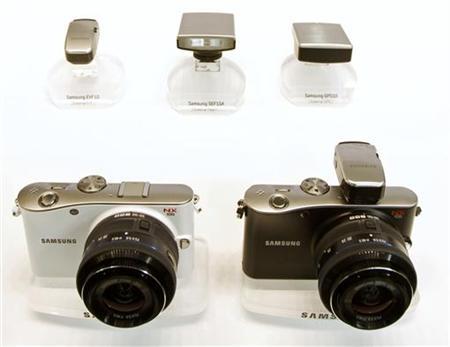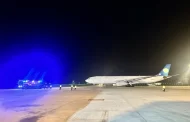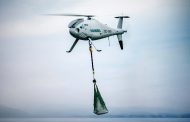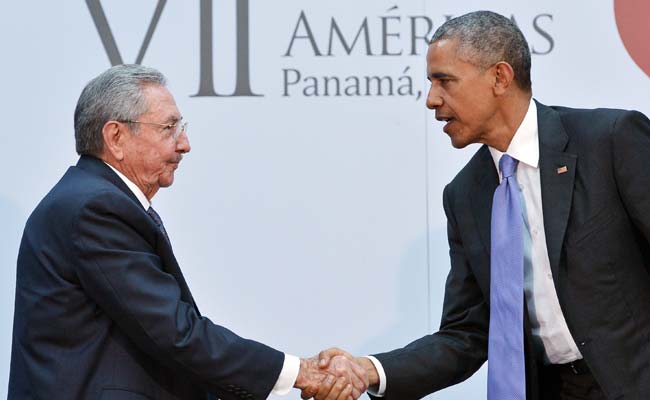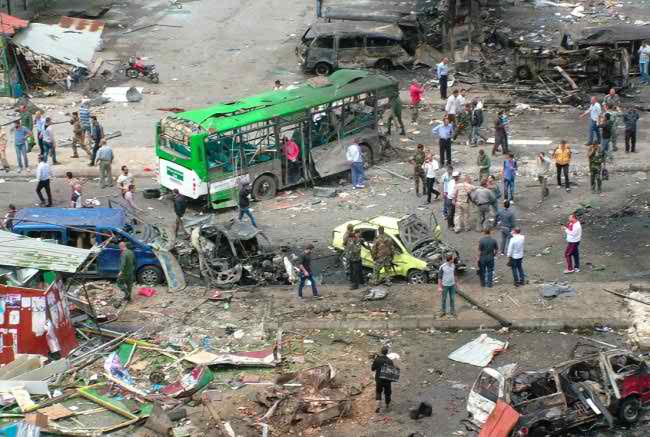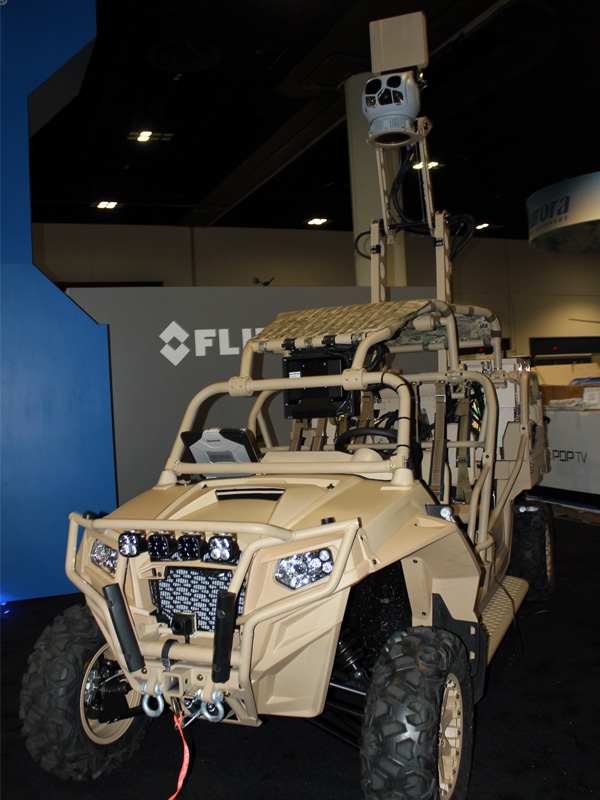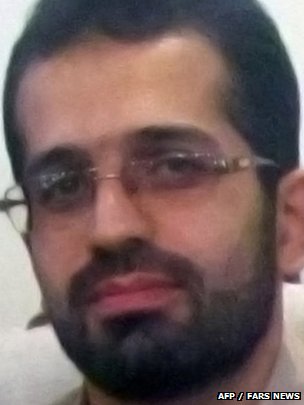 An Iranian nuclear scientist was blown up in his car by a motorbike hitman, prompting Tehran to blame Israeli and U.S. agents but insist the killing would not derail a nuclear program that has raised fears of war and threatened world oil supplies.
An Iranian nuclear scientist was blown up in his car by a motorbike hitman, prompting Tehran to blame Israeli and U.S. agents but insist the killing would not derail a nuclear program that has raised fears of war and threatened world oil supplies.
The fifth daylight attack on technical experts in two years, the magnetic bomb delivered a targeted blast to the door of 32-year-old Mostafa Ahmadi-Roshan’s car during Wednesday’s morning rush-hour. The chemical engineer’s driver also died, Iranian media said, and a passer-by was slightly hurt.
Israel, whose military chief said on Tuesday that Iran could expect to suffer more mysterious mishaps, declined comment. The White House, struggling for Chinese and Russian help on economic sanctions, denied any U.S. role and condemned the attack.
While Israeli or Western involvement seemed eminently plausible to independent analysts, a role for local Iranian factions or other regional interests engaged in a deadly shadow war of bluff and sabotage could not be ruled out.
The killing, which left debris hanging in trees and body parts on the road, came in a week of heightened tension:
Iran has started an underground uranium enrichment plant and sentenced an American to death for spying; Washington and Europe have stepped up efforts to cripple Iran’s oil exports for its refusal to halt work that the West says betrays an ambition to build nuclear weapons. Iran says its aims are entirely peaceful.
Tehran has threatened to choke the West’s supply of Gulf oil if its exports are hit by sanctions, drawing a U.S. warning that its navy was ready to open fire to prevent any blockade of the strategic Strait of Hormuz, through which 35 percent of the world’s seaborne traded oil passes.
Secretary of State Hillary Clinton said Iran’s threats to close the strait were “provocative and dangerous” and repeated the White House denial of any U.S. involvement in the killing of Ahmadi-Roshan.
In Tokyo on Thursday, Japanese Finance Minister Jun Azumi pledged after talks with U.S. Treasury Secretary Timothy Geithner to steadily reduce oil imports from Iran in support of U.S. sanctions on Tehran over its nuclear program.
Geithner welcomed Tokyo’s cooperation, which could be an encouraging sign for U.S. policy after China, a big buyer of Iranian crude, and Russia rebuffed U.S. appeals to starve Iran of much-needed revenue from oil sales.
On a visit to Cuba on Wednesday, Iranian President Mahmoud Ahmadinejad said nothing about the bomb attack but flashed the victory sign and said Iran had done nothing to warrant enmity from its enemies.
“Have we assaulted someone? Have we wanted more than we should have? Never, never. We have only asked to speak about and establish justice,” said Ahmadinejad.
Analysts saw the latest assassination, which would have taken no little expertise, as less a reaction to recent events than part of a longer-running, covert effort to thwart Iran’s nuclear development program that has also included suspected computer viruses and mystery explosions.
While fears of war have forced up oil prices, the region has seen periods of saber-rattling and limited bloodshed before without reaching all-out conflict. But a willingness in Israel, which sees an imminent Iranian atom bomb as a threat to its existence, to attack Iranian nuclear sites, with or without U.S. backing, has heightened the sense that a crisis is coming.
“HEINOUS ACT”
The Atomic Energy Organization of Iran, which has failed to persuade the West that its quest for nuclear power has no hidden military goal, said the killing of Ahmadi-Roshan would not deter it: “We will continue our path without any doubt … Our path is irreversible,” it said in a statement carried on television.
“The heinous acts of America and the criminal Zionist regime will not disrupt our glorious path … The more you kill us, the more our nation will awake.”
First Vice-President Mohammad Reza Rahimi, quoted by IRNA news agency, said: “Iran’s enemies should know they cannot prevent Iran’s progress by carrying out such terrorist acts.”
Iran’s leaders, preparing for the first national election since a disputed presidential vote in 2009 brought street protests against 32 years of clerical rule, are struggling to contain internal tensions. Defiance of Israel and Western powers plays well with many who will vote in March.
In Washington, White House spokesman Tommy Vietor said: “The United States had absolutely nothing to do with this … We strongly condemn all acts of violence, including acts of violence like what is being reported today.”
Israel, which has a history of covert killings abroad, declined comment, though army spokesman Yoav Mordechai wrote on Facebook: “I don’t know who settled the score with the Iranian scientist, but I am definitely not shedding any tears.”
MOTORCYCLE HITMAN
The attack bore some of the hallmarks of sophisticated intelligence agencies capable of circumventing Iran’s own extensive security apparatus and apparently taking care to limit the harm to passers-by.
While witnesses spoke of a frighteningly loud explosion and parts of the Peugeot 405 ended up in the branches of the trees lining Gol Nabi Street, much of the car was left intact. This suggested a charge designed to be sure of both killing the occupants and preventing serious injury to others.
Witnesses said the motorcycle, from which the rear pillion passenger reached out to stick the device to the side of the car, made off into the heavy commuter traffic.
Though the scientist killed — the fourth in five such attacks since January 2010 — was only 32, Iranian media described him as having a role overseeing uranium enrichment at Natanz underground site. The semi-official news agency Mehr said Ahmadi-Roshan had recently met officials of the U.N. nuclear watchdog, the International Atomic Energy Agency.
At the IAEA in Vienna, where a spokeswoman condemned the killing, officials could not confirm knowing of him.
Analysts say that killing scientists — especially those whose lack of personal protection suggests a relatively junior role — is unlikely to have much direct impact on Iran’s nuclear program, which Western governments allege is seeking to enrich enough uranium highly enough to let it build weapons.
COVERT WAR
Sabotage — like mysterious reported explosions at military facilities or the Stuxnet computer virus widely suspected to have been deployed by Israel and the United States to disrupt nuclear facilities in 2010 — may have had more direct effects.
However, assassinations may be intended to discourage Iranians with nuclear expertise from working on the program.
Bruno Tertrais from France’s Strategic Research Foundation said: “It certainly has a psychological effect on scientists working on the nuclear program.”
He cautioned, however, against assuming that Israel, the United States or both were behind the latest attack.
Trita Parsi, a U.S.-based expert on Iran, said the killing might, along with the heightened rhetoric of recent weeks, be part of a pattern ahead of a possible resumption of negotiations on Iran’s nuclear program; some parties may want to improve their bargaining position, others may see violence as a way of thwarting renewed negotiations altogether, Parsi said.
Last month, Iran signaled a willingness to return to a negotiating process which stalled a year ago, though Western officials say a new round of talks is far from certain yet.
SANCTIONS CAMPAIGN
Iran’s decision to carry out enrichment work deep underground in the once undeclared plant at Fordow, near the holy Shi’ite city of Qom, could make it harder for U.S. or Israeli forces to carry out veiled threats to use force against Iranian nuclear facilities. The move to Fordow could reduce the time available for diplomacy to avert any attack.
The announcement on Monday that enrichment — a necessary step to make uranium into nuclear weapons — had begun at Fordow has given added impetus to Western efforts to impose an oil export embargo intended to pressure Tehran to halt enrichment.
Iran, a signatory to the treaty banning the spread of nuclear weapons, says it is entitled to conduct peaceful research and denies any military nuclear aims. Its adversaries say its failure to take up their offers of help with civilian technology undermine the credibility of its position.
Oil prices have firmed 5 percent since U.S. President Barack Obama moved on New Year’s Eve to block bank payments for oil to Iran. The European Union is expected this month to impose a ban on its states buying oil from Tehran, and other major customers have been looking for alternative supplies.
In Iran, the new U.S. sanctions have started to bite.
The rial currency has lost 20 percent of its value against the dollar in the past week and Iran has threatened to shut the Strait of Hormuz.
Source : Reuters








